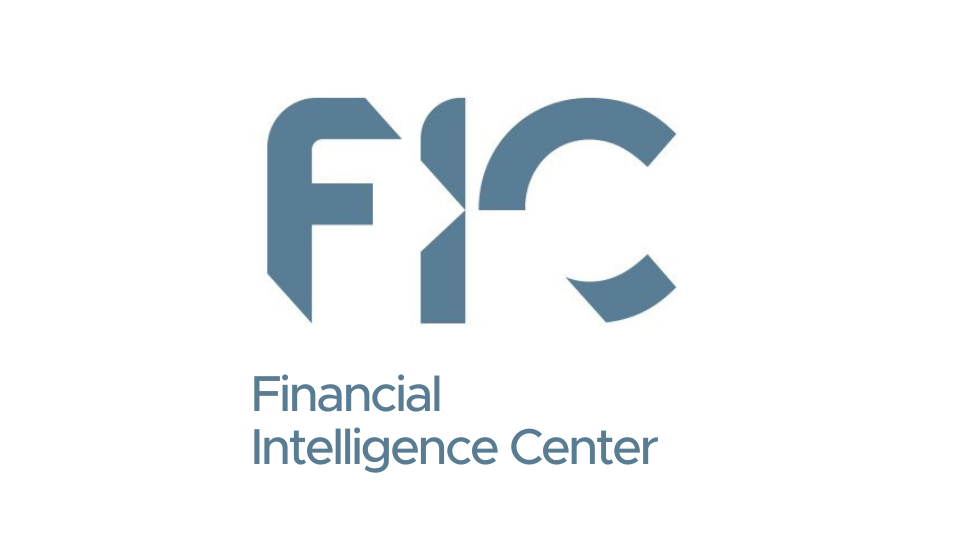Insurance Companies – RAHN CASE STUDY ISSUE NO.10-2022
How Insurance Companies are used to Launder Money : A Study on long-term insurance companies
Rahn Consolidated (Pty) Ltd’s (“Rahn Consolidated”) articles and case studies are aimed at socialising, climatising, creating awareness and cautioning economic participants on regarding economic crime schemes. The focus will inter alia be on the investigations around Insurance Companies, economic crime schemes, risks, reporting and most importantly, its regulatory compliance. The term “Economic crime schemes” are often used interchangeably with “Financial Crime”. For the purpose of ensuring all readers are kept in the loop, Rahn Consolidated will make use of both terms. Rahn Consolidated being at the forefront of deterring Financial Crime through compliance will focus primarily on the compliance of regarding Financial Crime and ensuring fines by way of administrative sanctions that fines are mitigated as much as possible.

Issue No.10 aims to educate readers on the long-term insurance business and how this type of business could be susceptible to money laundering. Long-term insurance businesses are defined as Accountable Institutions (AIs) which are often not seen as high risk due to misunderstanding of its business activities.
In this issue, Rahn Consolidated aims to draw the reader’s attention to long-term insurance business activities and indicate possible ways in which money can be laundered in this industry. The main focus will be on life insurance products. Apart from Anti-Money Laundering and Counter Terrorist and Proliferation Financing (AML/CTPF), this issue will also pinpoint financial crime risks including fraud in the long-term insurance industry.
Enjoy the Read!
Item 8 of Schedule 1 of the Financial Intelligence Centre (FIC) Act identifies an Accountable Institution as a person who carries on a long-term insurance business as defined in the Long-Term Insurance Act, 1988 (Act 52 of 1998) herein after referred to act “LTIA”.
Long-term insurance business as contemplated in the LTIA (Replaced by Insurance Act 18 of 2017), means “the business of providing or undertaking to provide policy benefits under long-term policies.” Furthermore, a long-term policy means “an assistance policy, a disability policy, fund policy, health policy, life policy or sinking fund policy, or a contract comprising a combination of any of those policies.”
Long-term insurance business is therefore not only limited to life policies, however financial crime perpetrators seem to use long-term policies fraudulently and then use the proceeds for money laundering purposes.
How money laundering and ultimate financial crime (predicate offences) affects long-term insurance business (life insurance business):
- Risks associated with money laundering and terrorist and proliferation financing (ML/TPF) are relatively lower compared to other financial products (loans, payment services) or other AIs or financial sectors that were discussed in our previous publications (banking, gambling, estate agent etc).
- Many life insurance products are definitely not sufficiently flexible to be the first vehicle of choice for perpetrators (money launderers)
- What is prominent in the life insurance business is the source of funds, as a predicate offence might have occurred in order to use the proceeds for purposes of investing in life insurance, not for the benefit of the beneficiaries, but the perpetrator.
- Effective withdrawal processes and conducting customer due diligence at pay-out are crucial, as is ensuring payment is made to the correct individual and therefore ensuring that you are able to trace funds and people should they utilise withdrawn funds for purposes of proliferation financing and/or terrorism.
“Perpetrators are mostly not flexible when it comes to life insurance products/business, in that invested money cannot easily be withdrawn due to product rules. However there appears greater risks around source of funds and possibility of withdrawn funds being used for proliferation financing and terrorism”
Apart from Reporting obligations, banks have to comply with the following FIC Act requirements:
- Register business as an AI with the FIC in order to ensure regulatory reporting through go-AML;
- Develop a Risk Management and Compliance Programme (RMCP);
- Conduct Customer Due Diligence (CDD);
- Develop a compliance framework and appoint a compliance officer;
- Conduct training on AML/CTPF risks and controls;
- Effectively keep records; and
- Effectively submit regulatory reports to the FIC.
FIC’s website:https://www.fic.gov.za

ML/TPF Risks relative to the Life Insurance Business
ML/TPF risks relating to the know-how in distributing these life products: Distribution channel
Most long-term insurance companies (life insurance) rely on intermediaries to distribute their products. The intermediaries differ in size and experience in that some intermediaries may not have the know-how how to
conduct customer due diligence (CDD) on money invested in life cover, including knowing the source of funds. As part of conducting CDD, Rahn Consolidated assists both insurance companies and their intermediaries to identify, verify,
screen and risk-rate clients. Based on information received, source of funds is also requested and validated with the bank. This mitigates the risk of allowing illicit funds to be deposited with the insurance company.
Insurance companies ought to be alert of customer base growth
An insurance company, as trigger events, should be alert of any new campaigns that are aimed at increasing customer base significantly. Although this might not be a bad thing from a business perspective, from a regulatory perspective, the manner in which the growth takes place should not open any opportunity for money laundering or any other financial crime risks.
Subscription for a high value life policy by a new customer that does not correlate with the customer’s needs analysis should be investigated. Compliance should ensure that business does not open these opportunities by not conducting proper CDD.
When conducting risk assessments insurance companies should also consider tax related aspects
As part of financial crime compliance (FCC) and regulatory requirements, there are certain ones that straddle fraud and possible tax evasion to which insurance companies should be alert to. The client identification and verification requirements of the FIC Act also encompass the Foreign Account Tax Compliance Act (FATCA) which require intermediaries to consider tax related aspects as part of risk assessment. This is due to the fact that certain parts of life insurance may attract individuals to evading and hiding income through such channels.
FATF RBA Life Insurance Industry

